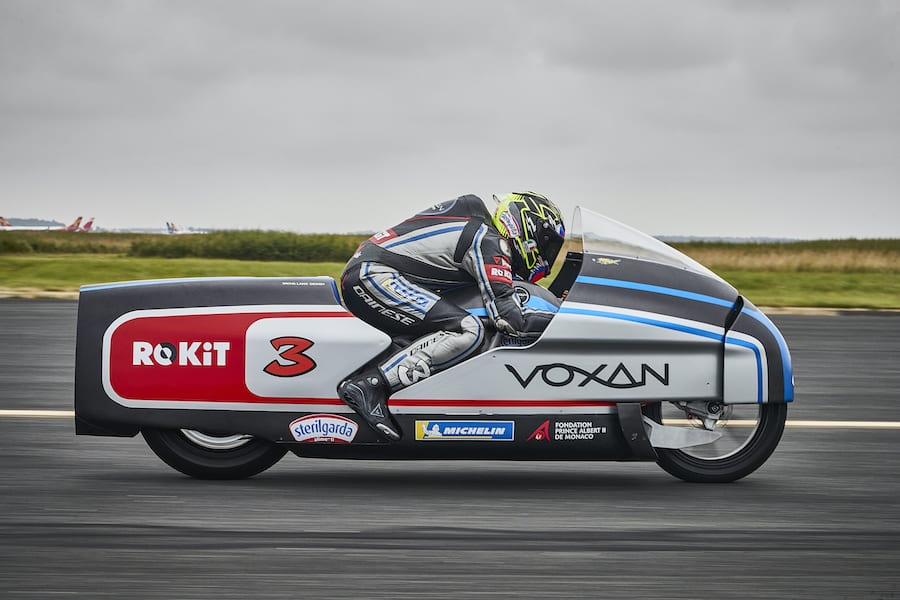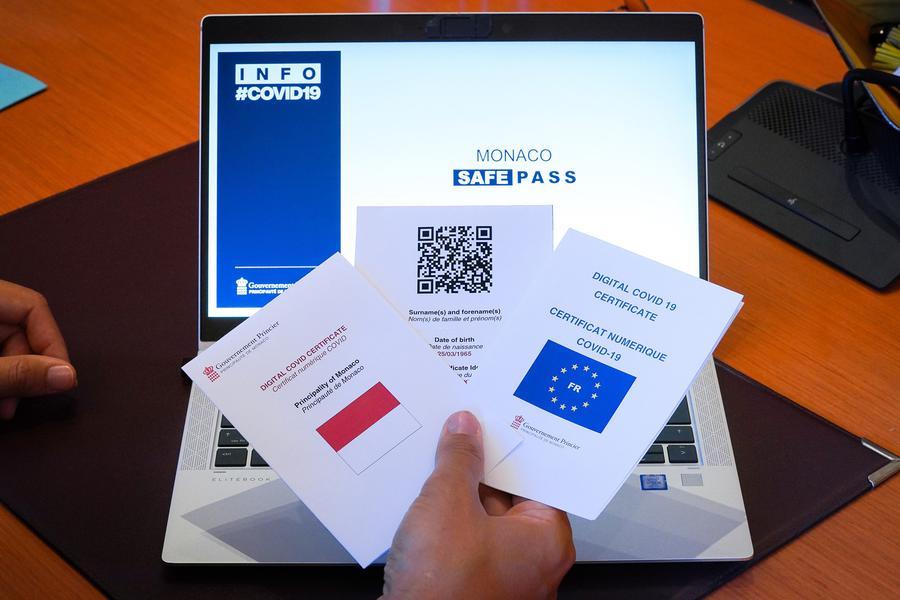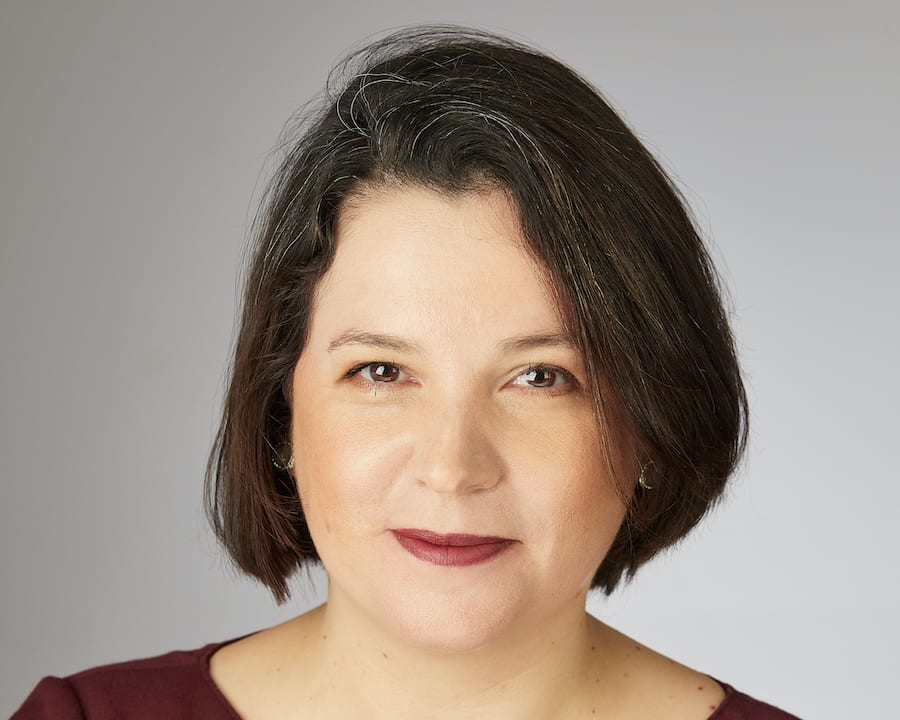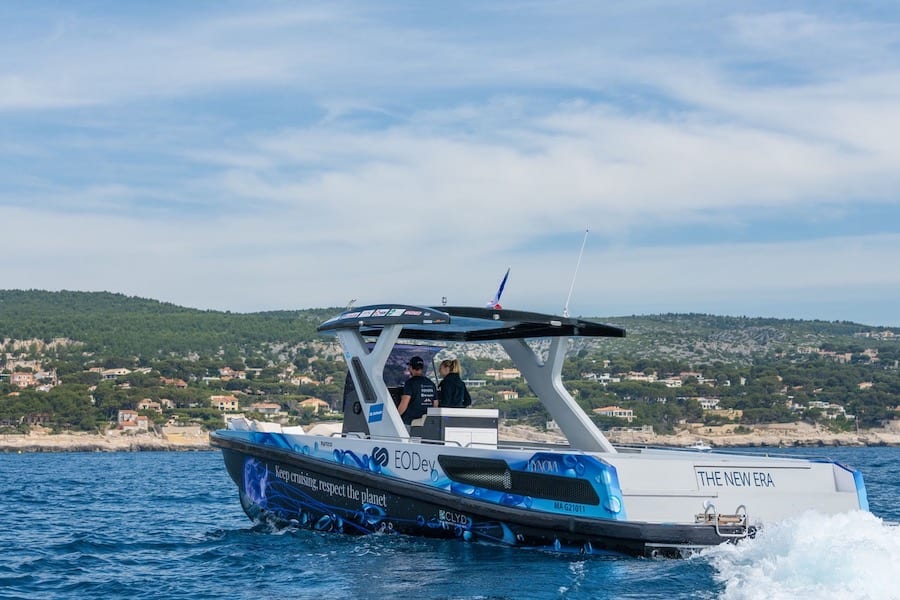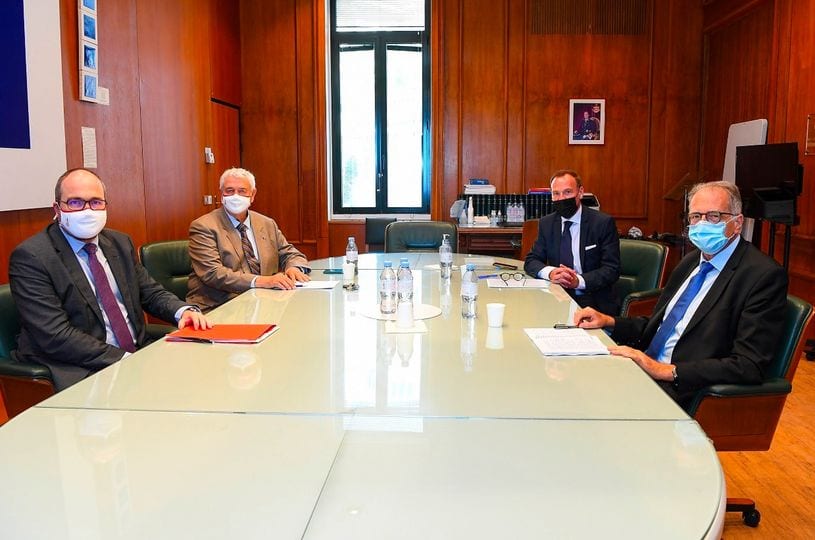Monaco Life speaks with Cindy Benod, one of the world’s few female biotech CEOs, about securing seed funding for her revolutionary new muscle injury treatment and why she chose Monaco to establish her start-up.
In late May, Monaco-based regenerative biotech company Ludi Therapeutics announced that it had secured seed investment from Sport Horizon to tackle muscle injuries.
It was a massive coup for the small start-up as well as the medical world, particularly those operating in elite sports.
With more than 60 million muscle injuries per year worldwide requiring medical intervention, their treatment continues to confound medical professionals.
Monaco Life: Can you tell us about this muscle injury treatment developed by Ludi Therapeutics?
Cindy Benod: Some of the information is still confidential of course, but basically what we want to do is have a treatment for muscle injuries so people can recover completely and avoid muscle reinjuries, something that you see particularly with professional athletes.
And this is something that is lacking in the medical world at the moment?
Yes, absolutely. Sports doctors say they have been trying to treat muscle injuries for many years but there is still more research that needs to be done to understand the right way to treat them, but also to prevent them in the future. And this is where we come in. We are doing a lot of research to understand what we can do, how we can treat muscle injuries and how we can avoid those reinjuries.
Most people think that after a muscle injury, they just have to wait for a few days or weeks for it to heal. For some people, and depending on the severity of the injury, muscles will heal properly – what we call the ‘regeneration’ process will be complete. But for others, that muscle regeneration is not going to be complete and they won’t know about it. So, we want to find a way for everyone to have their muscles repaired completely, and that requires years of research that needs funding to find the best treatment to put on the market.
What does this treatment mean for professionals whose careers rely on being injury-free?
For them, it is definitely a game changer, that’s why it is not a surprise that our seed investors are from the world of sports. I think that they understand the need, the impact that it would have for them in particular, even if regular life science venture capitalists may play a role at a later stage. Muscle injury can literally stop someone’s career because some can be extremely serious.
But after talking to sports doctors, we also understood that there are a lot of people in the general population, outside of professional athletes, who suffer from muscle injury. For example, people working in the transportation industry, the shipping industry, removalists… they all suffer muscle injury and they are in pain, sometimes for weeks after the initial injury and they don’t understand why, they think it should be fine. But they are in pain because it hasn’t properly healed.
So, we want to propose a treatment that is not that expensive and that will be accessible to everyone.
How important was it to secure seed funding from Sport Horizon?
It is very important because we had the proof of concept, we had an experimental/candidate drug that was working on animal models, but now we need to make sure the candidate drug is potent enough and safe. We are in the process of building on an existing candidate drug that works in mice to make it available to humans. That process will take at least two to three years from now.
What role did Monaco Foundry play in all of this?
Monaco Foundry helps entrepreneurs build and scale their companies. They helped us with all of the infrastructure that we needed to build Ludi Therapeutics. They helped us find our office space, the right lawyer to work with, the right accountants, and they of course introduced us to investors. They really help people like me – I am a scientist with only some business experience; they helped us build the infrastructure of our business. This is very important because it is overwhelming when you are an entrepreneur, you don’t even know where to start. If you have to handle the development of your product and all of the operational end at the same time, it is really challenging.
Why did you choose Monaco to base your start-up?
We hesitated between Boston, where I am based, and Monaco. But what I learned is that while Boston is a hotbed for biotechs – they work a lot on cancer – for a company to be successful, you need to be in an ecosystem that can bring knowledge and expertise to your field. Boston doesn’t have a lot of experts in sports medicine, while Monaco has so many sports doctors, clinics and athletes. It is renowned for everything surrounding sports, so we found it was the best place to be.
I also got my MBA at the International University of Monaco (IUM), where they helped me with the business plan and introduced me to Fabrice Marquet at Monaco Foundry. With Monaco Foundry, the university – because they too can open doors – and the fact that Monaco is heavy in to sports, we ended up establishing our headquarters there. And right away we found some experts in sports elite that were waiting for a project like this and were able to tell us if they thought it could work or not.
Are you still seeking funding to take this forward?
Yes, we have at least two to three years of research until we can start testing our treatment on patients, so it is very important that we keep raising funds to support the IND (Investigational New Drug) efforts. Obtaining the seed funding allows us to build the first scientific team around the project and now we are trying to raise a series A, which will kick off all of the IND efforts on a big scale, and we want to close before the end of the year.
What is your vision for this drug?
We want a treatment that is a game changer, that can be used not only for sports professionals but for the general population. Beyond that, we have to look at the big picture, at how many people suffer from sport or physical exercise injuries – joint inflammation, problems with ligaments and tendons. We would like to build a sustainable company that is at the centre of research that is dedicated to helping people recover better from those injuries. That would be the greatest achievement for this company.
We have to address the fact that less than 10% of biotech companies worldwide have a woman as their CEO. Do you consider yourself an example to other women in the industry?
Everyone has a different path, but I would say that you should never take no for an answer. I have had this idea for a company for a long time, but I was always afraid of what other people would think because there are not a lot of women CEOs in biotech, less that 10% worldwide, so it can be intimidating and challenging. When you are a woman in a laboratory, you may have wonderful scientific ideas, but you are often too scared that no one will give you that opportunity.
At some point, you have to have mentors who can actually open doors for you, because there are very powerful people who want to see women in much higher positions. They will say: “You can do it. Even if you fail, it is only your ego that will get hurt. But at some point it will hurt more if you haven’t tried, than if you have tried and didn’t succeed.”
So, it doesn’t matter what industry it is, you shouldn’t let being a woman stop you from doing it, just make sure you surround yourself with the right people.
Photo of Cindy Benod, supplied
